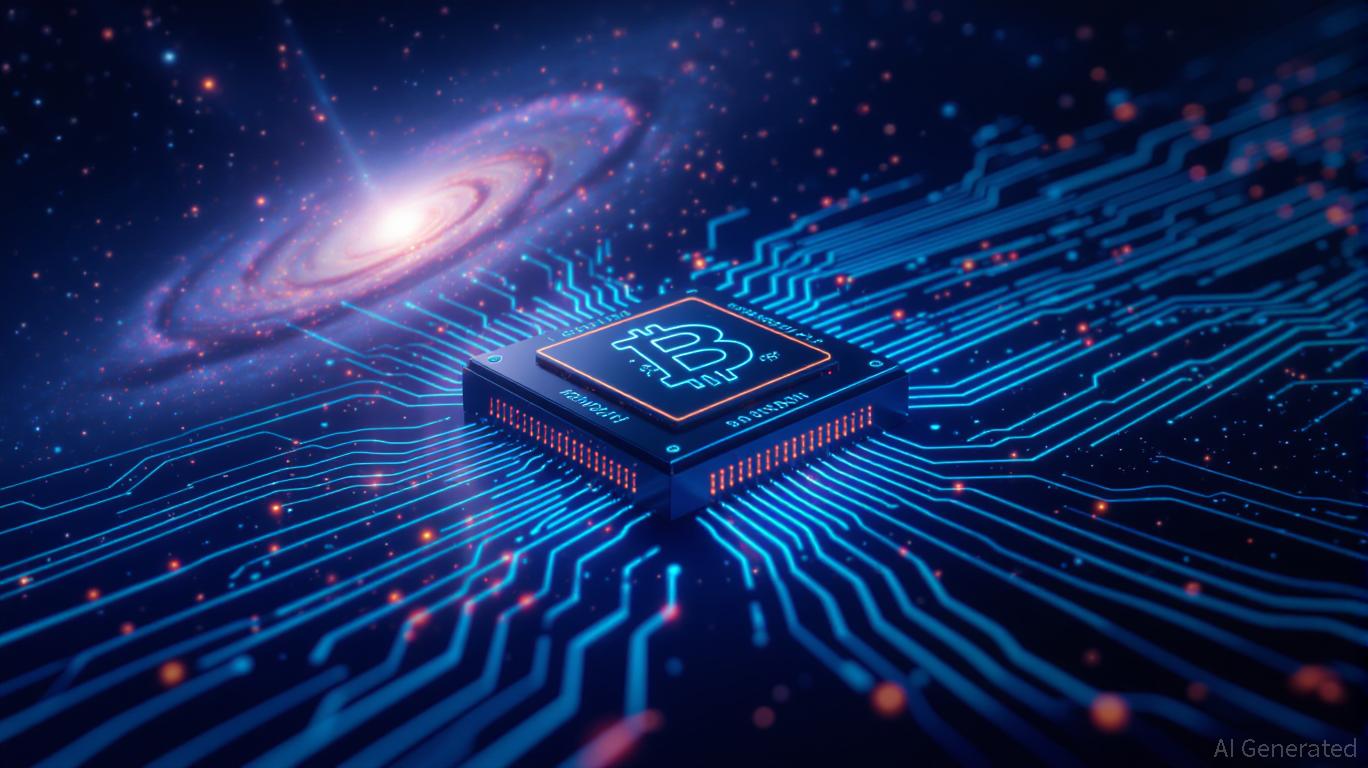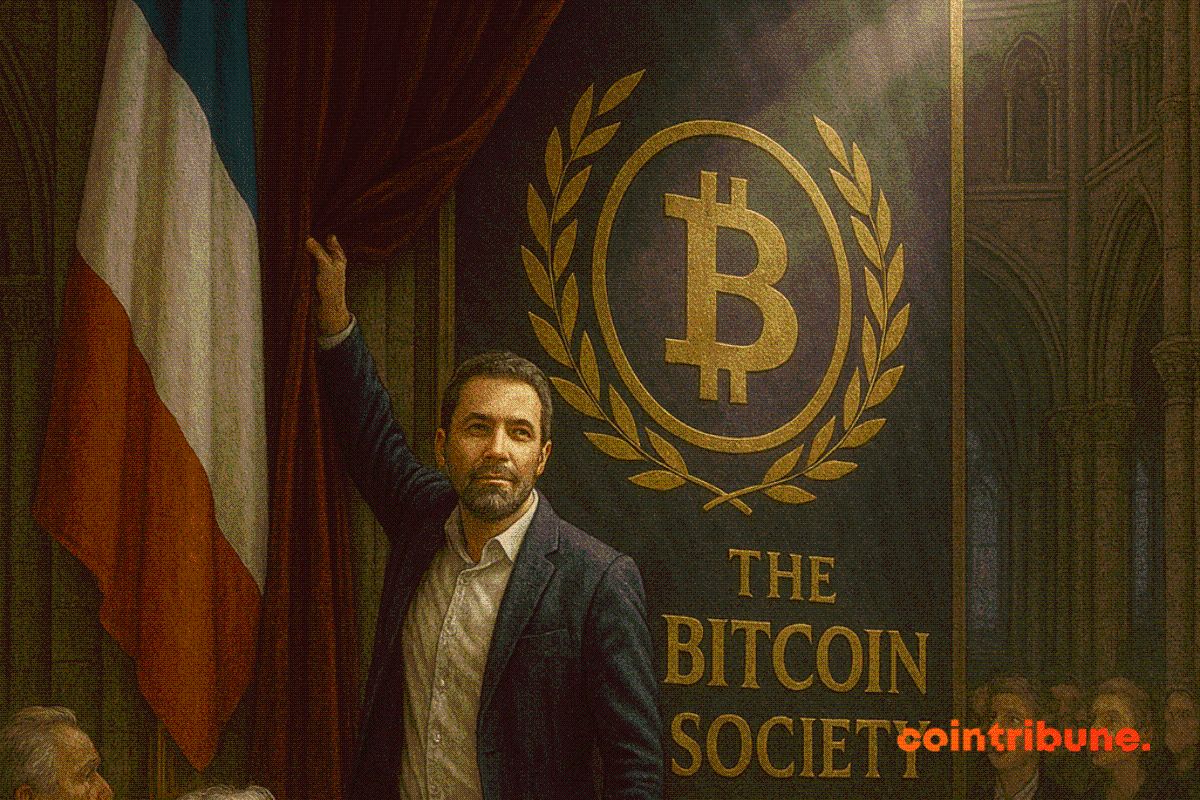Japan Requires Crypto Platforms to Hold "Insurance" Reserves to Protect Investors from Potential Failures
- Japan's FSA mandates crypto exchanges to maintain liability reserves by 2026, protecting investors from losses via proportional funds and insurance options. - The rule follows major breaches like Mt. Gox and DMM Bitcoin , requiring reserves based on trading volume and risk profiles. - Regulators align crypto rules with traditional finance, expanding oversight to custodians and partners post-DMM hack. - Smaller exchanges may rely on insurance to ease liquidity pressures, though critics warn of increased c
Japan Introduces New Crypto Regulations With Liability Reserve Requirement
The Financial Services Agency (FSA) of Japan plans to introduce a groundbreaking rule that will require licensed cryptocurrency exchanges to set aside liability reserves. This initiative is designed to protect investors from potential losses caused by hacks, fraud, or operational mishaps. The proposal is expected to be presented to parliament during the 2026 regular session,
This regulatory overhaul is a response to two major incidents: the 2014 collapse of Mt. Gox, which lost 850,000 BTC, and

The liability reserve framework is modeled after protections in traditional finance, where Japanese securities companies are required to hold reserves between ¥2 billion and ¥40 billion ($12.7 million to $255 million), depending on their size
The 2026 legislative package will also redefine cryptocurrencies under the Financial Instruments and Exchange Act,
On the global stage, Japan’s regulatory stance is similar to the European Union’s MiCA rules and Hong Kong’s insurance-based compensation systems
Some critics argue that the increased compliance costs could be difficult for smaller exchanges, while supporters believe these measures will help rebuild user trust. “Liability reserves act as a safety net similar to bank account insurance,” said Musheer Ahmed, founder of Finstep Asia, though he noted that the capital requirements “will make running a crypto exchange comparatively more costly”
The FSA’s wider plan also includes
---
Disclaimer: The content of this article solely reflects the author's opinion and does not represent the platform in any capacity. This article is not intended to serve as a reference for making investment decisions.
You may also like
Solana News Today: Navigating Crypto's 2026 Challenge—Finding Harmony Among DeFi, AI, and Regulatory Demands
- Coinbase Ventures forecasts 2026 trends: DeFi growth, AI-driven risk management, and crypto market evolution driven by Solana's institutional adoption and ETF inflows. - DeFi Development Corp. plans $1B Solana token acquisition via shelf registration, signaling confidence in blockchain infrastructure and institutional demand. - Prospective CFTC chair Michael Selig advocates balanced regulation for digital assets, opposing enforcement-only approaches to prevent offshore market shifts. - Quantifind leads A

The Emergence of ICP Caffeine AI: A Fresh Driving Force for Blockchain Expansion Powered by AI?
- DFINITY Foundation launched ICP Caffeine AI in November 2025, claiming to reduce AI inference costs by 20–40% through on-chain execution. - Institutional partnerships and a deflationary token model drove a 385% ICP price surge in Q4 2025, but dApp activity fell 22.4%, signaling engagement challenges. - The platform’s hybrid cloud partnerships and chain-of-chains design aim to bridge DeFi and traditional finance, yet regulatory scrutiny and C3.ai’s financial instability pose risks. - Experts remain divide

Trump Signs "Genesis Mission" Order to Boost AI Innovation in the United States

France : Larchevêque Unveils The Bitcoin Society
